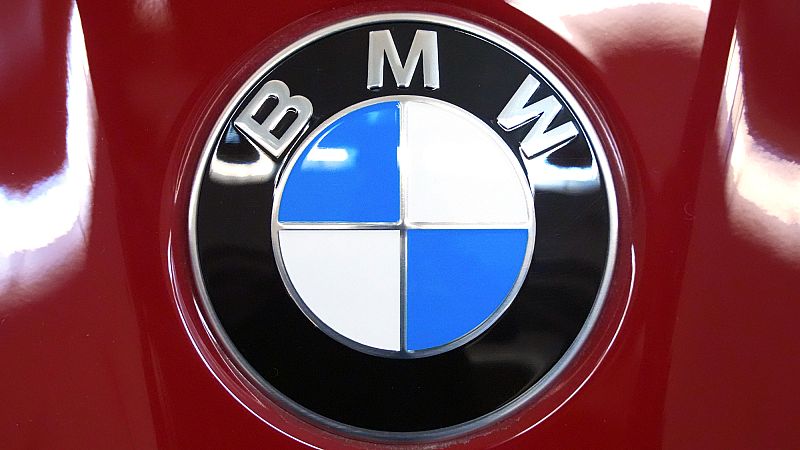
BMW saw its sales decline by 1.4% in the first three months of the year, delivering a total of 586,149 vehicles.
While the car company sold more models in Europe, registering a 6.2% year-on-year jump, global sales were dragged down by China, which posted a 17.2% drop.
This is the worst first-quarter figure recorded by the carmaker in China since 2020.
In Germany, meanwhile, BMW sales were down 1.3%, while consumers in the Americas and the US bought more vehicles. In these regions, sales rose 5.4% and 4.1% respectively.
BMW is struggling to compete with local competitors in China such as carmaker BYD, while demand in the country has also been hit by a property crisis and the subsequent economic fallout.
Fellow European carmakers, such as Porsche, Mercedes-Benz, and Volkswagen, are suffering the same fate—taking a hit to their China sales.
A bright spot for BMW was electric vehicle demand, which saw a 64.2% year-on-year rise in Europe.
Globally, the carmaker delivered a total of 109,516 fully-electric BMW, MINI and Rolls-Royce vehicles to customers worldwide in the first three months of the year, a 32.4% increase.
“One in three MINIs sold in Europe and more than one out of every two sold in China were fully-electric,” Jochen Goller, a member of BMW’s Board of Management responsible for customer, brands, and sales, said in a statement.
“We are feeling confident, thanks to significant growth in new orders across all drive technologies, particularly in our domestic market of Germany,” added Goller.
Success for BMW’s EV models come as other carmakers are struggling with the transition away from petrol and diesel vehicles. Companies in Europe complain of changing emissions targets, insufficient incentive schemes, competition from cheaper Chinese rivals, and a slower-than-expected rollout of charging infrastructure.
European firms that have watered down EV targets include Sweden’s Volvo and Germany’s Porsche.
Thursday’s announcement nonetheless gives a snapshot of BMW’s fortunes before President Trump’s auto tariff kicked in.
The US president last week introduced a 25% levy on imported cars, while tariffs on auto parts are set to kick in on 3 May.
BMW told the Wall Street Journal in March that it expects trade tensions between the US, China and European Union to hit its earnings by $1.1bn (€987m) this year.
Carmakers will be faced with a choice: absorb the cost of sending cars to US consumers, pause shipments to the country, or move production to the US.
The latter scenario may seem like music to the ears of the Trump administration, although experts doubt its feasibility.
Trump’s trade policies are currently so volatile that firms are nervous about uprooting operations based on tariffs that may change. A potential economic downturn, set to eat into business profits if investment and consumer spending slows, is a further deterrent.







